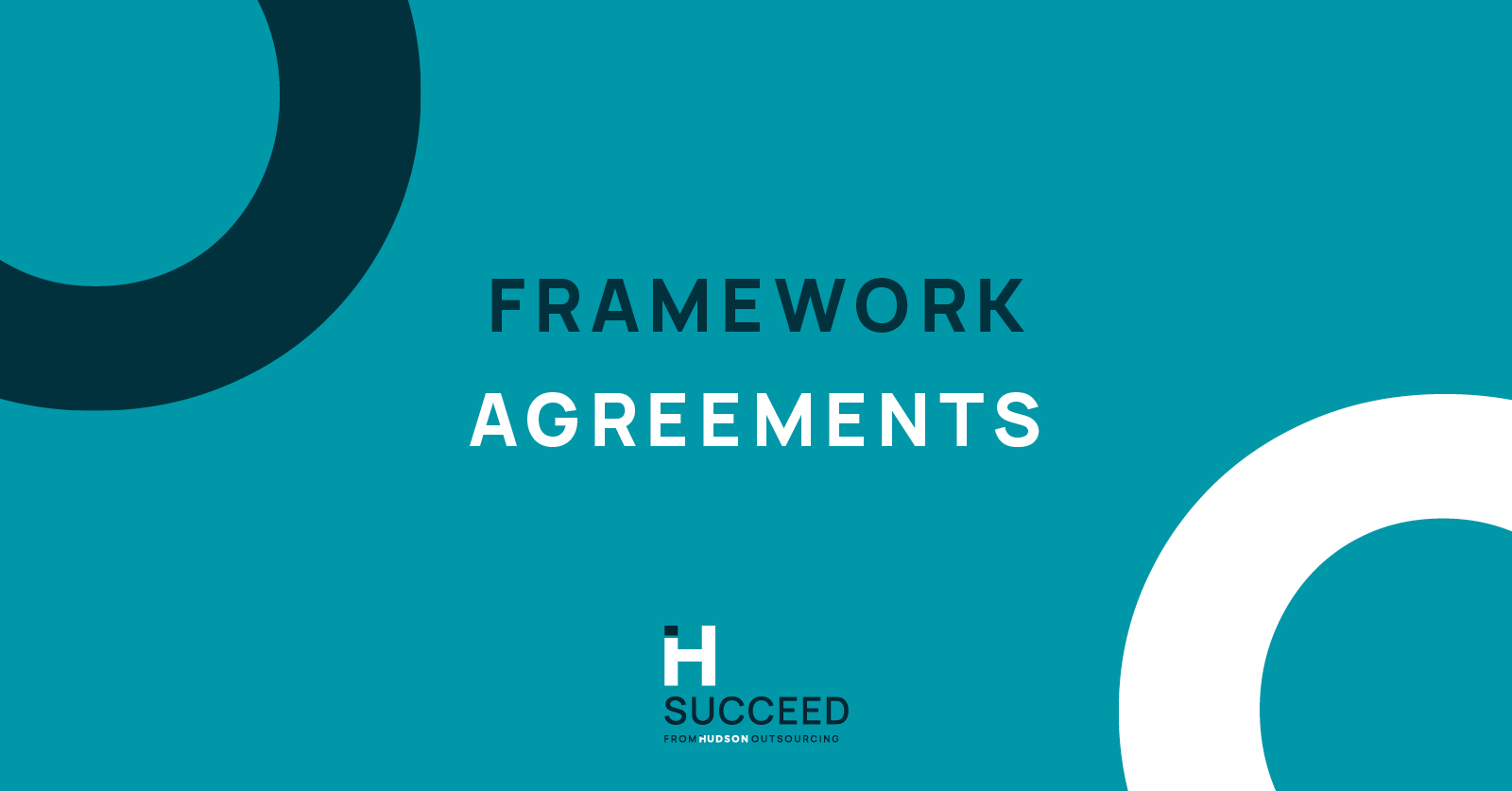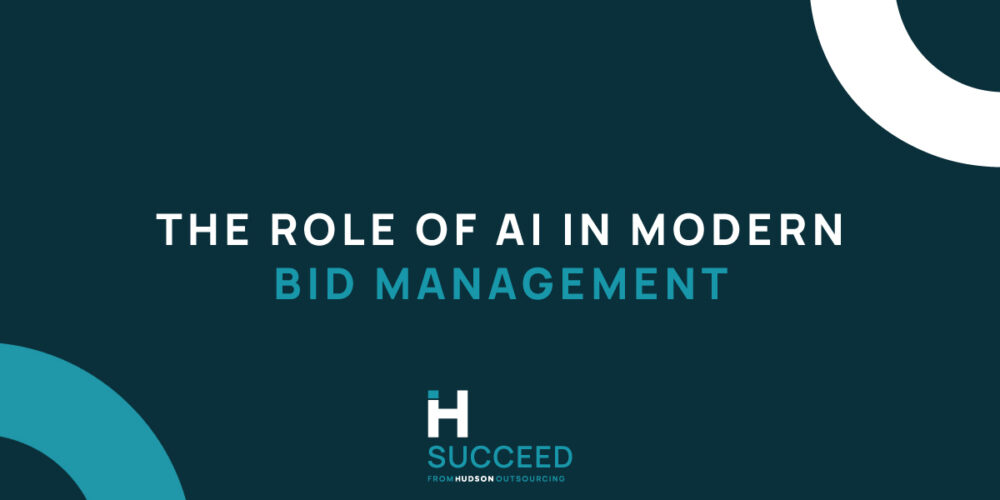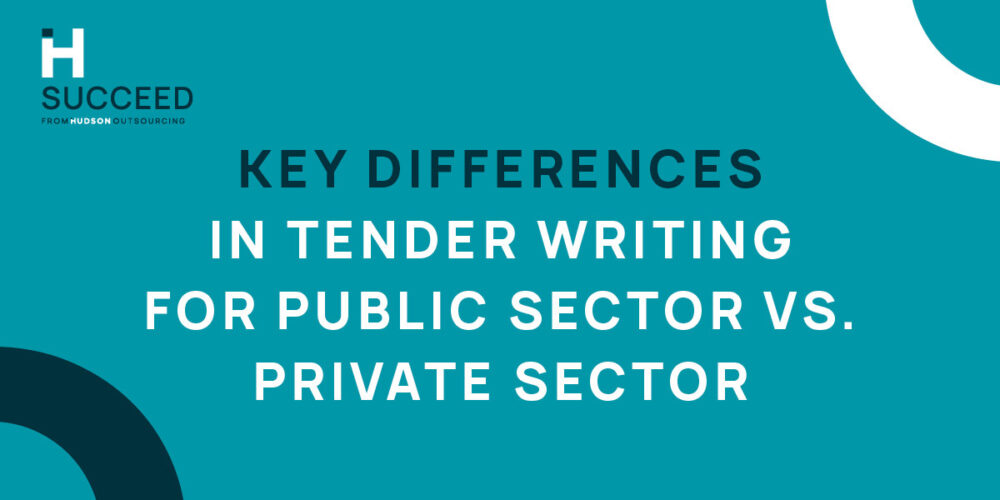Framework Agreements
Last updated: Dec 17, 2021 @ 2:02 pm
‘Framework Agreements’ are most commonly scattered across our multiple tendering portals, asking for multiple suppliers to deliver/supply either one or more services/goods across various locations. Sounds pretty broad, right?
Well, through utilising a Framework Agreement, this is a much smarter way of working for a lot of buyers and procurement agencies and although it may be a contractual headache at times, the long-term aspects to delivery remain progressive and more and more users across the UK procurement sector.
See our ‘Terminology’ masterclass for a list of other tender-related phrases that are used in UK procurement.
Single provider framework agreements
Single provider framework agreements are a method of contracting a single company to complete works over a set period of time. The client will then ‘call off’ works each time their particular products or service are required.
Where this happens, single provider framework agreements have a set of terms and conditions which are in place for the duration of the agreement. This means that every time there is a call off under the agreement the products/services are delivered to the same rules.
Simply put; Single Provider Framework agreements happen when a single company is contracted to provide set outcomes for a set duration.
How do I get one?
European Union public contracts laws mean that if the total value of a framework agreement exceeds certain values, then it needs to be advertised. The limits vary depending on the works required and are explained HERE.
When this happens, companies bid to deliver the requirements of the contract in a process called e-tendering.
The process for e-tendering is explained in the link.
Single provider frameworks are awarded through this competition. After you have competed with other companies, and won, you will enter into a contract directly with the client delivering their requirements, normally on an ‘as and when’ basis.
Things to consider when you bid for a Single Provider Framework Agreement
Bidding for that one successful place on a single provider framework agreement can be a complicated experience and a time-consuming process. There are lots of things you need to carefully consider before you submit a tender:
- The time and effort required
Tendering for these opportunities requires a lot of time and effort. Do you have the time to dedicate to producing the level of quality response you need to be successful?
If you’re not sure you can, then we can help you with this. Why not take advantage of our tender writing services?
- Your business placement in the wider market
Are you in the best position to tender for this contract opportunity? Can you afford to tender for a single provider framework agreement if you’re not yet strong enough to be successful?
If you’re not sure you are strong enough to bid successfully for a Single Provider Framework Agreement, try our virtual learning environment. Here you can ensure you get the most from tendering. Tender VLE is our free innovative virtual learning environment for businesses wishing to secure work within the UK.
- Your unique selling points
Understanding what you can offer that others cannot is a key part requirement to win any framework agreement. Successful contract wins come from being prepared and being sensible with your submissions.
Our Tender Consultants can work with you to identify your sweet spot based on your experience, abilities and service offering. Our Tender Ready service can help you lay solid foundations for winning that single provider framework agreement.
What the rules are for single provider framework agreements
So, you’ve been awarded a place as the single provider under a framework agreement – Congratulations!
But what does this mean for you in reality?
Framework agreements are governed by The Public Contract Regulations (2015) and these set out how contracts are managed. These are the rules for what you and your client need to do throughout the duration of the works you are contracted for.
When you win a framework agreement, you agree with the Client the terms for all contracted works within the length of the framework:
- You agree as part of your tender the price you will charge for services/products delivered
- You agree the minimum standard of works you will deliver e.g. product quality, level of service etc.
Additionally, on a single provider framework agreement there are two rules you must obey:
- You can only be awarded work that comes under the agreement you originally tendered for.
- Your client can ask you to provide more information if they want to before they give you any work.
The maximum framework agreement term is 4 years and is set by the Public Contracts Regulations (2015) document. However, your client may choose to set a shorter duration for your framework agreement.
There are a number of reasons this might happen:
- The client does not expect the works will take 4 years to complete.
- The service is not required for the entire 4 years maximum duration.
- The client wants to be able to assess your ability to complete the works and be able to change suppliers
Why do Clients use Framework agreements just for one supplier?
Framework Agreements offer a number of advantages for the contracting authority:
- Increased value for money by using a centralised procurement, cutting down on red tape and unnecessary processes.
- There is a single tendering exercise over the life of the arrangement of the contract. This saves on administration and costs for the client
- The client can ensure they get the best price from the successful supplier due to the competitive way in which the framework is awarded
- Under the framework agreement, the range of the supply of items or services is agreed at the start of the contract. This means the client can request these items or services at short notice as required. This reduces the need to hold goods and materials and saves costs.
- Framework agreements are a way of establishing a long-term working relationship with the supplier.
There are also benefits for you, the supplier on a Single Provider Framework Agreement:
- Long term contracts help you to grow your business.
- Long term planning allows for cost efficiency ordering stock/materials.
- Mutually beneficial long-term working relationships with the Client.
Multi-provider framework agreements
Multi-provider Framework Agreements are quite simply, contracts or agreements between one or more organisations. There is such a thing as Single Provider Framework Agreements, where one provider is utilised for ad-hoc call-off requests for particular services/goods, however, that is a story for another day.
The majority of Frameworks include LOTs, which is basically individual or combined lists of services and goods. The following example shows how Framework Agreements are put together.
A London-based Council seeks up to 8 Creative Agencies / Freelancers (per LOT) to undergo multiple creative services as part of their digital expansion. This includes:
LOT 1: Digital Design & Branding
LOT 2: Website Development & Build
LOT 3: PR & Marketing
LOT 4: Managed Print Services
LOT 5: Events
As you can see here, the buyer is asking for 8 suppliers per LOT (service), meaning there will be a total of 24 suppliers as part of this contract. Although you may have to share the spotlight with your competitors, it’s a fantastic way of getting your company heard across your sector (in this example – the Creative sector) and to show your position in the market alongside your competitors. Plus, there’s work, money and growth involved.
The majority of companies argue that if you don’t score the highest tender, then your impending work is decreased by a long shot. Sometimes, you may be right, but a lot of the time you may be wrong.
Here are the crucial 4 things you must ask yourself when tendering for a framework agreement:
How many suppliers is the opportunity open to?
Remember, the more suppliers the opportunity is open to, the more chance of securing a place on the framework agreement.
Do you have a good chance of winning it?
The obvious question you might say, but you’d be surprised at how many organisations go for work that (at the time of tendering) they could potentially deliver but haven’t got the corporate literature or writing skills to make them stand out on paper.
Are you going for multiple LOTs?
Do you have to submit a response per service/LOT? Does this mean you have to submit 5 or more tender responses? – if so, always make sure you have the resource and time to do this. Never replicate your answers, always give as much time to each individual tender/LOT to ensure increased chances of success. It is better to focus more of your time on something that you can deliver better in, than going for all LOTs where other competitors may have the upper-hand. Go for the LOT where you know you can be number one! If you don’t think you’ve got the upper-hand, then why waste your time on it?
What is the process of contract award?
One of the most important aspects of Framework Agreements is to understand what process you undergo when you’re on the framework and how work is dished out? This could work in multiple ways, so remember to read the instructions carefully.
Some examples include:
- Mini-competition – this is where the buyer asks all suppliers that have secured a place on the framework to quote a price for a specific job at hand. This may include a quality aspect also. The cheapest quotation wins!
- First Supplier wins all – this is where the supplier who scored the highest via the tender process, will be guaranteed all work. If they can’t deliver a specific element, then it will go down the chain to the supplier who scored second. If they can’t deliver, then the supplier who came third and so on. All the more reason to be completely focused on the service you work best in and become number one!
- Drop down effect – some buyers take it in turns to disperse work. In this case, the highest-ranking supplier would receive the first job, the second highest ranking supplier would win the second job and so on.
All decisions to how framework agreements are managed are declared by the buyer in the ITT (invitation to tender) stage. This should be transparent from the outset!
Want to be a part of frameworks? Our 11 sector-specific tendering portals source and notify you of new contract opportunities, daily. Simply choose the perfect portal for your business, sign up and get started.
For help and support with securing your next (or first!) Framework Agreement check out Tender VLE. For more bespoke and dedicated support, contact one of our Bid Writers or Bid Management Consultants today who will be happy to help!
Find more helpful tips and advice in our blogs. We cover topics including:






